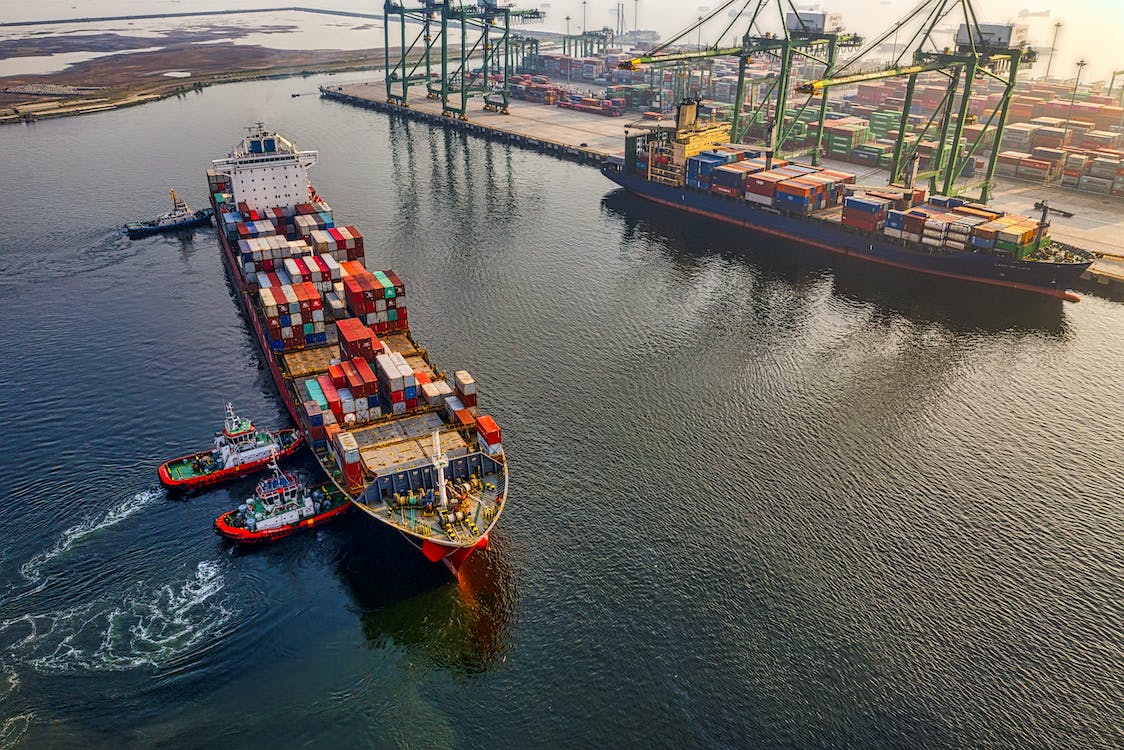
The Evolving Landscape of Warehousing Services in India A Comprehensive Overview
Introduction
In recent years, India has witnessed a remarkable transformation in its logistics and supply chain management sector, with warehousing services playing a pivotal role in this paradigm shift. As the Indian economy continues to grow, fueled by e-commerce, manufacturing, and increased consumerism, the demand for efficient and advanced warehousing solutions has escalated. This article delves into the dynamics of warehousing services in India, exploring key trends, challenges, and the future outlook.
- Rise of E-commerce and Changing Consumer Behavior
The surge in e-commerce activities has been a game-changer for warehousing services in India. The shift in consumer preferences towards online shopping has necessitated the establishment of strategically located warehouses to ensure timely and accurate deliveries. Major e-commerce players and third-party logistics providers have been investing heavily in state-of-the-art warehouses equipped with advanced technologies such as automation, robotics, and artificial intelligence.
- Technological Advancements in Warehousing
The adoption of technology has been instrumental in enhancing the efficiency and effectiveness of warehousing services. Automated storage and retrieval systems (AS/RS), IoT (Internet of Things) sensors, and real-time tracking have become integral components of modern warehouses. These technologies not only streamline operations but also provide valuable data insights for better decision-making.
- Government Initiatives and Regulatory Changes
The Indian government has recognized the significance of a robust logistics and warehousing infrastructure in facilitating economic growth. Initiatives like the Goods and Services Tax (GST) have streamlined the supply chain, reducing transit times and costs. The implementation of the National Logistics Policy and the 'Make in India' campaign further emphasizes the need for world-class warehousing facilities to support the manufacturing sector.
- Emergence of Multi-modal Logistics Parks
Multi-modal logistics parks have emerged as a solution to integrate various modes of transportation seamlessly. These parks, equipped with rail, road, and air connectivity, serve as hubs for warehousing and distribution. This integrated approach reduces transit times and costs, making it an attractive proposition for businesses looking to optimize their supply chain.
- Challenges in Warehousing Services
While the warehousing sector in India is experiencing growth, it is not without its challenges. Land acquisition, especially in urban areas, remains a significant hurdle for the development of modern warehouses. Additionally, the need for skilled labor to operate and manage advanced technologies poses a challenge for the industry. Warehousing providers must navigate these obstacles to ensure sustained growth.
- Sustainability in Warehousing
With a growing focus on sustainability, warehousing services are increasingly incorporating eco-friendly practices. Energy-efficient lighting, rainwater harvesting, and waste management systems are being integrated into warehouse designs. Sustainable warehousing not only aligns with global environmental goals but also contributes to cost savings in the long run.
- Future Outlook and Opportunities
The future of warehousing services in India looks promising, driven by ongoing technological advancements and the evolving needs of businesses. The integration of artificial intelligence and machine learning into warehouse management systems is expected to further enhance operational efficiency. The rise of on-demand warehousing, where businesses can flexibly lease space based on their immediate requirements, is another trend that is gaining traction.
- Global Integration and International Standards
As India continues to globalize its economy, warehousing services are aligning with international standards. This includes adopting best practices in inventory management, quality control, and security. The integration of global supply chains requires Indian warehousing providers to meet the expectations of international businesses, fostering a competitive and collaborative environment.
Conclusion
In conclusion, the warehousing services sector in India is undergoing a transformative phase, driven by the rise of e-commerce, technological advancements, and supportive government policies. Challenges such as land acquisition and skill shortages need to be addressed for sustained growth. The industry's commitment to sustainability and the adoption of global best practices position Indian warehousing services on a trajectory of continued expansion and excellence. As businesses increasingly recognize the strategic importance of efficient warehousing in their supply chains, the sector is poised to play a crucial role in shaping the future of India's logistics landscape.